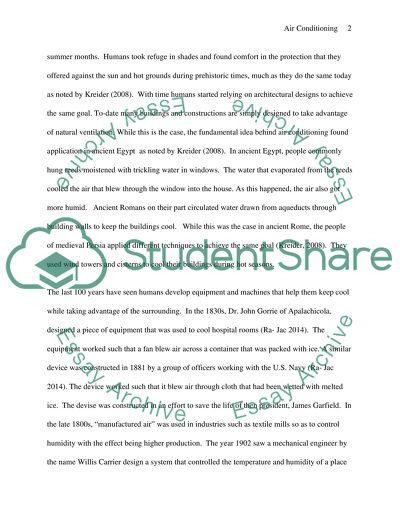Cite this document
(Main Characteristics and History Air Conditioning Creating Coursework, n.d.)
Main Characteristics and History Air Conditioning Creating Coursework. https://studentshare.org/technology/1645697-air-conditioning
Main Characteristics and History Air Conditioning Creating Coursework. https://studentshare.org/technology/1645697-air-conditioning
(Main Characteristics and History Air Conditioning Creating Coursework)
Main Characteristics and History Air Conditioning Creating Coursework. https://studentshare.org/technology/1645697-air-conditioning.
Main Characteristics and History Air Conditioning Creating Coursework. https://studentshare.org/technology/1645697-air-conditioning.
“Main Characteristics and History Air Conditioning Creating Coursework”. https://studentshare.org/technology/1645697-air-conditioning.


